
Spondylosis, a degenerative condition affecting the spine, can cause chronic pain, stiffness, and reduced mobility. As people age, the wear and tear on the spine often lead to spondylosis, which can significantly impact the quality of life. However, there is hope for those suffering from this condition through upper cervical chiropractic care. This natural, non-invasive approach offers promising solutions for managing and alleviating the symptoms of spondylosis. In this blog, we will explore how upper cervical chiropractic care can be a valuable part of your treatment plan for spondylosis.
Understanding Spondylosis
By downloading the Digital Patient Chart mobile app you can better control your patient portal.
Spondylosis is a broad term that refers to the degeneration of the spine due to aging. It commonly affects the cervical spine (neck), thoracic spine (mid-back), and lumbar spine (lower back). The primary causes of spondylosis include:
- Age-related changes: As we age, the intervertebral discs lose moisture and elasticity, leading to disc degeneration.
- Bone spurs: Osteophytes or bone spurs can form along the edges of the vertebrae, causing pain and nerve compression.
- Herniated discs: The wear and tear can lead to the bulging or herniation of discs, pressing on spinal nerves.
- Osteoarthritis: The degeneration of cartilage in the spine can cause pain and stiffness.
Symptoms of Spondylosis
The symptoms of spondylosis vary depending on the location and severity of the condition. Common symptoms include:
- Neck or back pain: Persistent pain that may worsen with movement.
- Stiffness: Reduced flexibility and stiffness in the affected area.
- Numbness and tingling: Compression of spinal nerves can lead to numbness, tingling, or weakness in the arms or legs.
- Headaches: Cervical spondylosis can cause headaches, often originating from the neck.
Upper Cervical Chiropractic Care: A Natural Approach
Upper cervical chiropractic care focuses on the alignment of the uppermost vertebrae in the spine, specifically the atlas (C1) and axis (C2). These vertebrae play a crucial role in supporting the head and maintaining overall spinal alignment. Misalignments in this area can have a cascading effect on the entire spine, contributing to conditions like spondylosis.
How Upper Cervical Care Works
1. Assessment and Diagnosis: Upper cervical chiropractors use advanced imaging techniques, such as X-rays or MRI scans, to assess the alignment of the atlas and axis vertebrae. Precise measurements are taken to identify any misalignments.
2. Gentle Adjustments: Unlike traditional chiropractic adjustments that involve twisting or cracking, upper cervical adjustments are gentle and precise. The chiropractor uses specific techniques to realign the atlas and axis vertebrae, often using an instrument or hands.
3. Restoration of Balance: Proper alignment of the upper cervical spine helps restore balance to the entire spinal column. This can reduce pressure on nerves, improve blood flow, and promote healing.
Benefits of Upper Cervical Care for Spondylosis
- Pain Relief: By addressing misalignments in the upper cervical spine, pain and discomfort associated with spondylosis can be alleviated.
- Improved Mobility: Restoring proper alignment can enhance spinal flexibility and reduce stiffness.
- Nerve Function: Reduced nerve compression leads to improved nerve function, potentially reducing symptoms like numbness and tingling.
- Holistic Approach: Upper cervical care focuses on the root cause of the problem rather than merely addressing symptoms.
Patient Testimonials: Real-Life Success Stories
Case Study 1: Relief from Chronic Neck Pain
Jane, a 55-year-old woman, had been suffering from chronic neck pain and stiffness for years due to cervical spondylosis. Traditional treatments provided only temporary relief. After consulting an upper cervical chiropractor, she noticed significant improvements. With regular adjustments, Jane experienced reduced pain, increased mobility, and an overall better quality of life.
Case Study 2: Overcoming Lower Back Pain
John, a 60-year-old man, struggled with lumbar spondylosis that caused severe lower back pain and limited his daily activities. After a thorough assessment and upper cervical adjustments, John reported a substantial decrease in pain and improved function. He was able to return to his favorite activities without discomfort.
Incorporating Upper Cervical Care into Your Treatment Plan
Upper cervical chiropractic care can be an effective component of a comprehensive treatment plan for spondylosis. Here are some steps to consider:
1. Consultation: Schedule a consultation with a qualified upper cervical chiropractor to assess your condition and discuss your symptoms.
2. Personalized Care: Work with your chiropractor to develop a personalized care plan that addresses your specific needs and goals.
3. Consistency: Regular adjustments are crucial for maintaining spinal alignment and achieving long-term benefits.
4. Complementary Therapies: Combine upper cervical care with other therapies such as physical therapy, massage, and exercise to enhance overall results.
Conclusion
Spondylosis can be a debilitating condition, but upper cervical chiropractic care offers a natural, non-invasive solution for relief and recovery. By addressing misalignments in the upper cervical spine, this specialized approach can help alleviate pain, improve mobility, and enhance overall well-being. If you are suffering from spondylosis, consider consulting an upper cervical chiropractor to explore this effective treatment option.



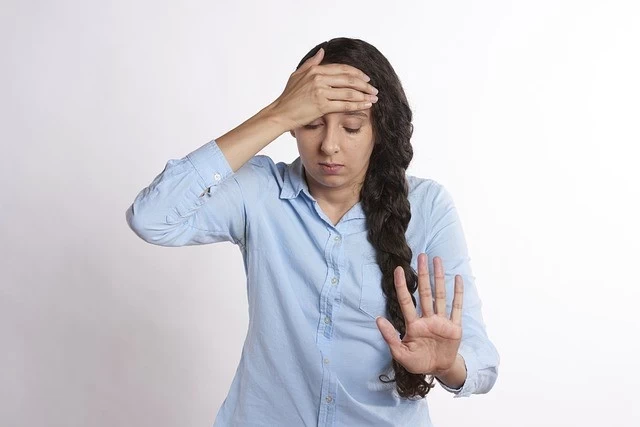
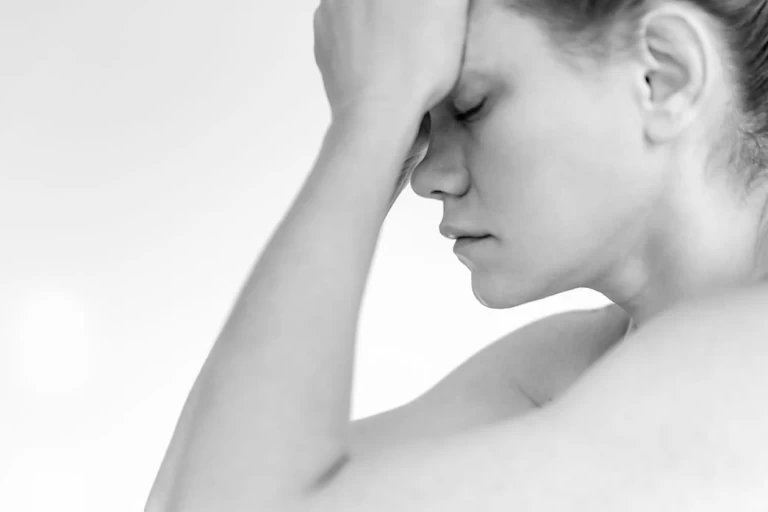

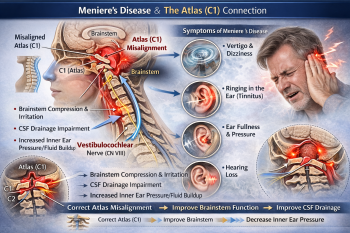
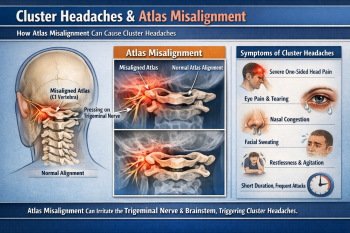
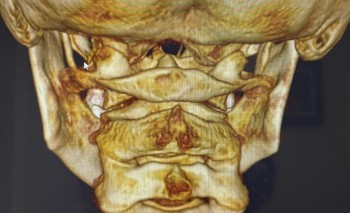
Leave a comment